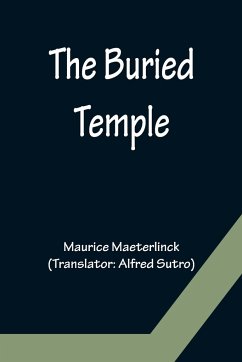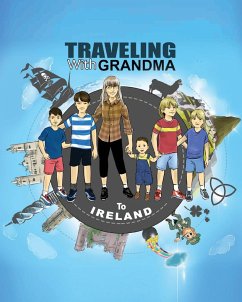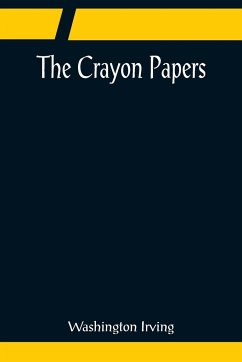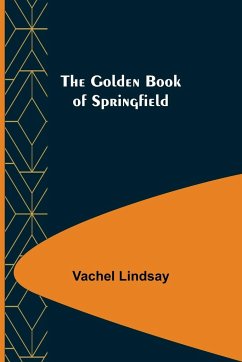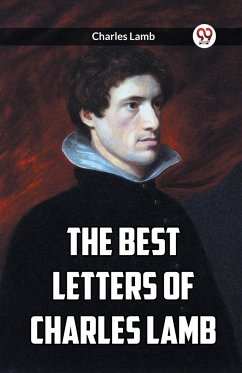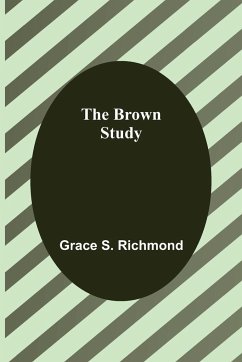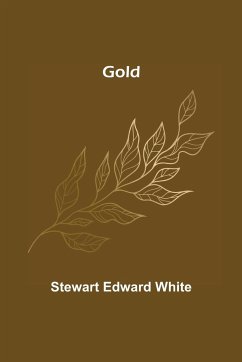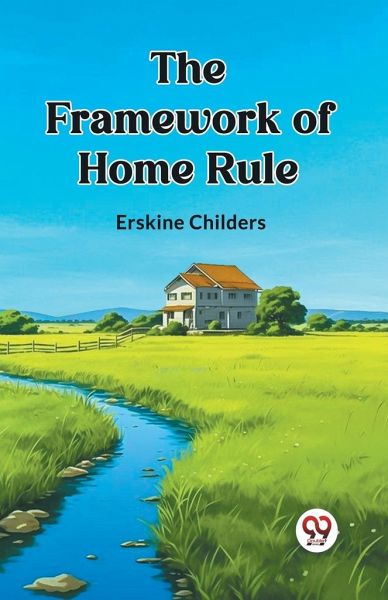
The Framework of Home Rule
Versandkostenfrei!
Versandfertig in 1-2 Wochen
19,99 €
inkl. MwSt.
Weitere Ausgaben:

PAYBACK Punkte
10 °P sammeln!
"The Framework of Home Rule" is an ancient nonfiction story book written by Erskine Childers. Childers' paintings, set against the context of the early twentieth century, whilst tensions between Ireland and Britain had been at their top, offers a thorough evaluation of the historical, accredited, and constitutional factors that make up the house rule argument. Childers gives a radical framework for knowledge the thoughts and realities of home rule, addressing key issues together with sovereignty, illustration, and Ireland's connection to the British Empire. Drawing on his very own experiences ...
"The Framework of Home Rule" is an ancient nonfiction story book written by Erskine Childers. Childers' paintings, set against the context of the early twentieth century, whilst tensions between Ireland and Britain had been at their top, offers a thorough evaluation of the historical, accredited, and constitutional factors that make up the house rule argument. Childers gives a radical framework for knowledge the thoughts and realities of home rule, addressing key issues together with sovereignty, illustration, and Ireland's connection to the British Empire. Drawing on his very own experiences as a proponent of Irish independence, Childers offers insights into the political dynamics of the time and pushes for an amicable and democracy method to the Irish afflicted times. His careful studies and persuasive language make "The Framework of Home Rule" a crucial examine for anybody interested by Irish history and the struggle for self-dedication. Erskine Childers' book remains a seminal addition to the investigation of Irish politics, informing debates on themes of autonomy and governance in Ireland and elsewhere.






